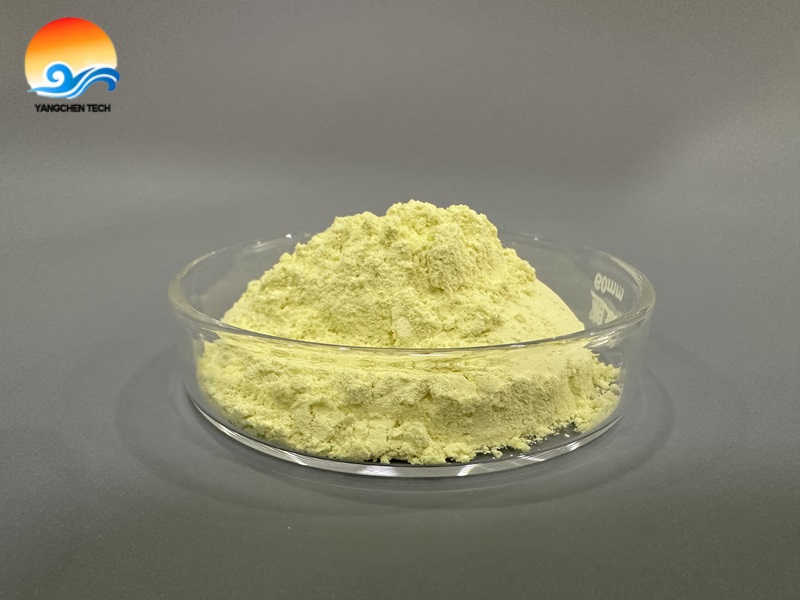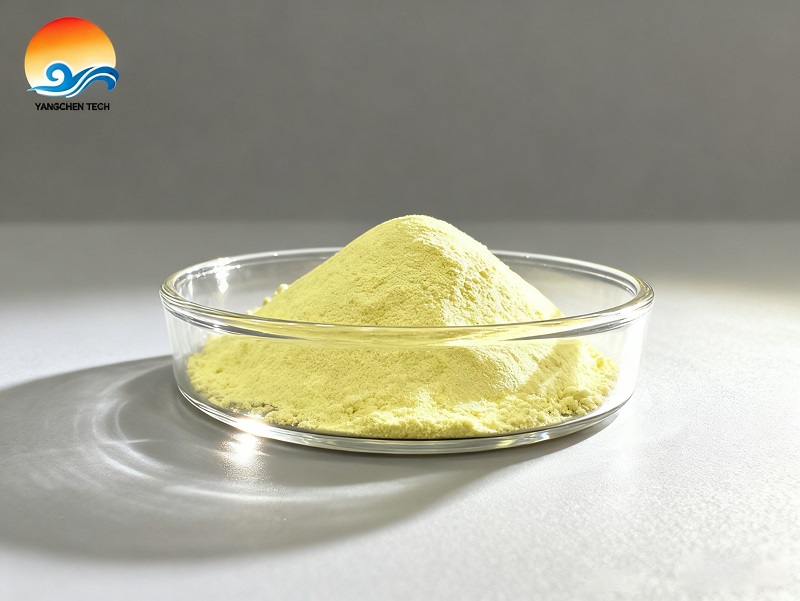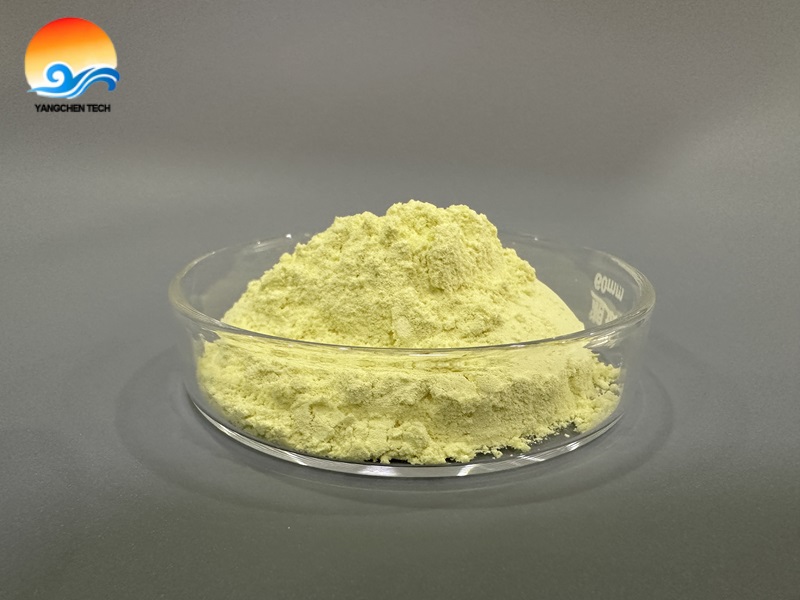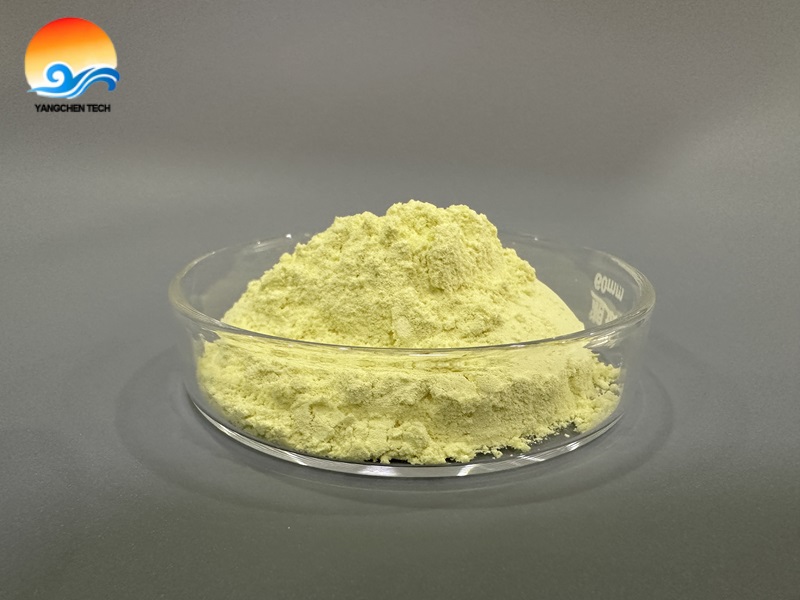what are you looking for?
Popular Searches
- N-PMI manufacturer
- N-PMI powder manufacturer
- PTNP powder wholesale
- PTNP powder manufacturer
- NAPM powder wholesale
- NAPM powder manufacturer
- BMI-80 powder manufacturer
- BMI-700 powder manufacturer
- Polyimide resin PI-BT
- Polyimide resin PI-BT supplier
- NSA copolymer producer
- Phenylmethane maleimide powder








 Service Station
Service Station



 leave a message
leave a message



